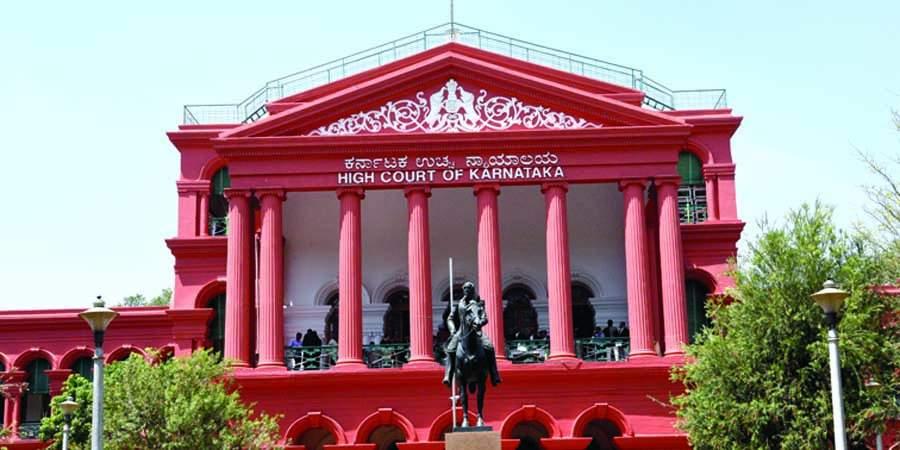The Karnataka High Court has allowed the petition of a woman seeking to combine two pending property suits involving her and her ex-husband and overturned a trial court’s decision.
A Single Bench of Justice Krishna S Dixit passed this order while hearing a petition filed by Reeth Abraham.
The Petitioner wife is knocking at the doors of Writ Court for assailing the order dated 25.11.2022 whereby the Additional Principal Judge, Family Court at Bengaluru having dismissed her application, has refused to club two pending suits for a common trial and disposal.
Counsel for the Petitioner vehemently argued that when the matter essentially relates to the same property and the lis is between the ex-spouses, the grant of the subject application was eminently warranted.
Counsel appearing for the Respondent husband opposes the petition with equal vehemence contending that her client’s suit is for partition, whereas petitioners injunctive suit is of recent times; the issues to be decided in the former are different from those in the latter; the impugned order being the product of discretionary power, the indulgence of Writ Courts is not warranted.
Having heard the counsel for the parties and having perused the Petition papers, the Court is inclined to grant indulgence in the matter for the following reasons:-
(a) The parties are ex-spouses is not in dispute, their marriage having been dissolved by the Family Court. The challenge to the Dissolution Decree, is still pending, is true. However, that pendency is irrelevant inasmuch as even if their spousal status is restored by reversing the decree of dissolution of marriage, every spouse is an independent person qua the other.
(b) The Respondent husband has filed a Partition Suit wherein the Petitioner wife is the defendant; similarly, in Petitioners Injunctive Suit the Respondent husband happens to be the defendant; the subject property in both the suits is the same. In both the suits, pleadings are complete and issues have been framed. The trial has begun in the partition suit, whereas it is yet to begin in the injunctive suit. Obviously, two suits will have their own issues: however, that per se, is no ground for denying the request for clubbing, especially when both the suits are at the hands of the same Judge.
(c) It is also true that in matters of transfer and clubbing of cases, a greater discretion lies with the Court in which they are pending. However, it is not the discretion of a Mughal Emperor. Lord Halsbury, more than a century ago in Sharp vs Wakefield, 1891 AC 173, said that discretion means according to rules of reason and justice. Such an approach, at the hands of the Court below is not reflected. What prejudice would be caused to the Respondent should these suits be clubbed for the purpose of trial, is not forthcoming despite the vociferous submission of the counsel appearing for the Respondent.
(d) When parties are the same, property involved is same and Court in which the suits are brought is the same, ordinarily, the request for clubbing should not be denied, subject to all just exceptions, into which the argued case of the Respondent does not fit. The Court hastens to add that, there is no repugnancy between the issues framed in the partition suit and those in the injunctive suit and therefore, clubbing would save time, energy, and vyavadhaana of all the stakeholders. Of course, it is left to the Judge’s discretion to render a common or separate judgment & decree.
In view of the above, the Court allowed the Petition; a Writ of Certiorari issues quashing the impugned order; the Trial Judge is requested to allow the subject application of the Petitioner for clubbing and try both the suits together.


